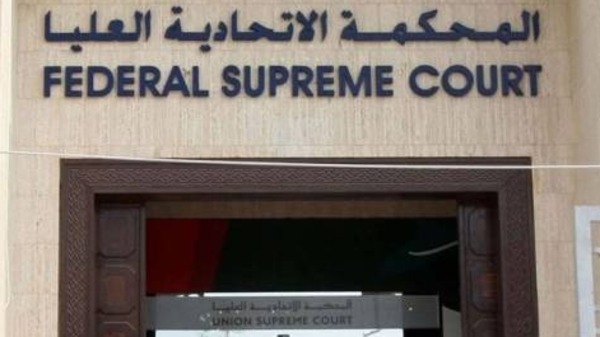
At least 10 people have been killed in protests that have swept across Sudan this week amid rising public anger over soaring prices and other economic woes.
A government decision to raise the price of a loaf of bread from one Sudanese pound to three (from about two to six US cents) sparked demonstrations across the country on Wednesday.
The protests first erupted in the eastern city of Atbara before spreading to Gadarif, also in eastern Sudan, and then to the capital, Khartoum, its twin city Omdurman and other areas.
Authorities on Thursday declared a state of emergency in the eastern city of Gadarif, where six protesters died during clashes with riot police, legislator Al-Tayeb al-Amine Tah told local broadcaster Sudania 24, without providing further details.
Two demonstrators were also killed in the northeastern city of Atbara where police fired tear gas to disperse the demonstrators.
‘Bread prices may come down’
Speaking from Khartoum, Al Jazeera’s Hiba Morgan said the protest in the south of the country continued on Saturday with demonstrators burning the government’s headquarters in south Gadarif.
“There are reports that police have been stationed around the country to prevent the protests from breaking out,” said Morgan.
“The Sudanese minister of information said on Saturday that they are going to do what they can to ease the economic situation and that bread prices will come down.”
On reports of restricted internet access, Morgan said both the Sudanese government as well as mobile phone companies have denied any responsibility. She said, however, that access to social media platforms remains limited.
On Friday, a spokesperson for the Sudanese government said the protests of the two previous days were “dealt with in a civilised way without repression or opposition”.
“Peaceful demonstrations were derailed and transformed by infiltrators into subversive activity targeting public institutions and property, destroying and burning some police headquarters,” the spokesperson was quoted as saying by the official Sudan News Agency.
“The crisis is known to the government and is being dealt with.”
Economy struggles
Anger has been rising across Sudan over the rising costs of bread and fuel and other economic hardships, including skyrocketing inflation and limits on bank withdrawals.
The country’s economy has struggled to recover from the loss of three-quarters of its oil output – its main source of foreign currency – since South Sudan seceded in 2011, keeping most of the oilfields.
The country’s economic woes have been exacerbated in the past few years, even as the United States lifted its 20-year-old trade sanctions on Sudan in October 2017.
The US has kept Sudan on its list of state sponsors of terrorism, which prevents Khartoum from accessing much-needed financial aid from institutions such as the International Monetary Fund and the World Bank.
Bread prices have more than tripled since the start of this year after a government decision to stop state-funded imports of wheat.
Officials had hoped the move would create competition between private companies importing wheat, and therefore act as a check on price rises.
But a number of bakeries stopped production, citing a lack of flour. This forced the government to increase flour subsidies by 40 percent in November.
Meanwhile, the value of the Sudanese pound has slumped by 85 percent against the US dollar this year, while inflation soared to nearly 70 percent in September.
In October, Sudan sharply devalued its currency from 29 pounds to the dollar to 47.5 after a body of banks and money changers set the country’s exchange rate.
The move led to further price increases and a liquidity crunch, while the gap between the official and black market rates has continued to widen.
The economic crisis is one of the biggest tests faced by President Omar Hassan al-Bashir, who took power in a coup in 1989.
In recent months, he has dissolved the government, named a new central bank governor and brought in a package of reforms, but the moves have done little to improve the situation.
SOURCE:
Al Jazeera and news agencies












